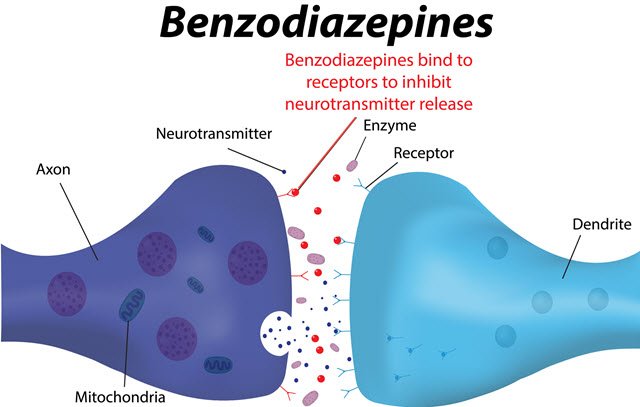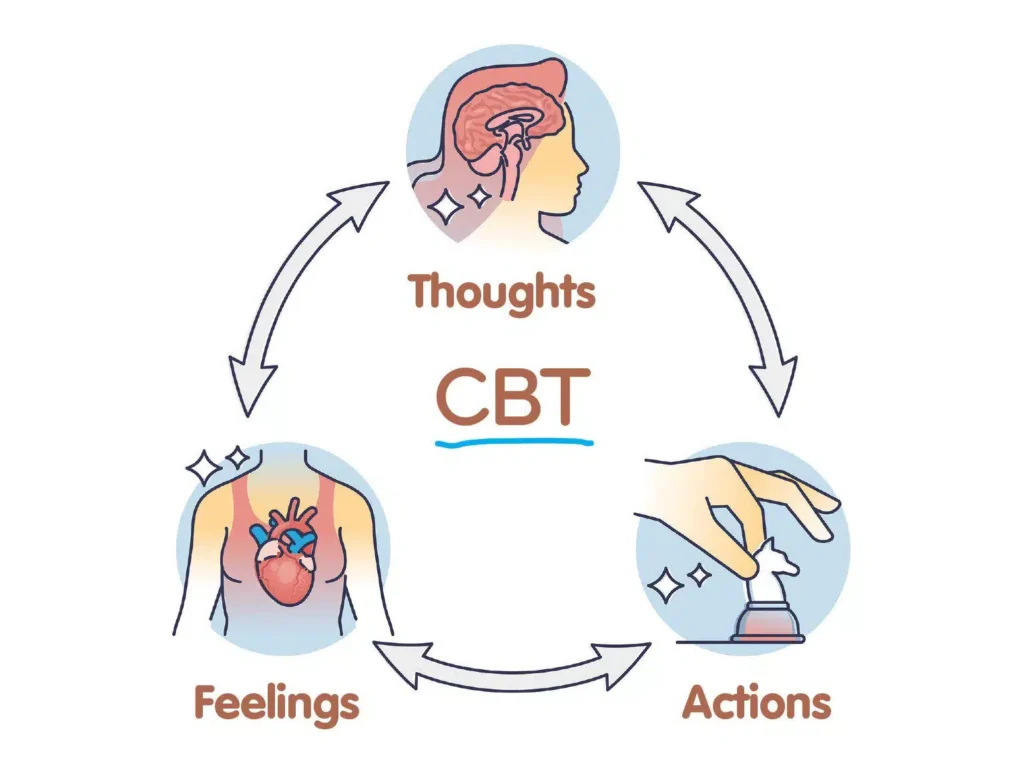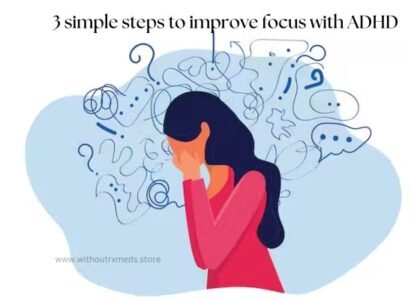Stress and Sleep: Can Medications Like Benzodiazepines Improve Insomnia?
Sleep is a pillar of health, but it eludes many. Among the most common causes of sleepless nights is stress, which disrupts the body’s natural ability to relax and transition into a restful state. When this becomes chronic, it sets up a vicious cycle of poor sleep exacerbating stress, which in turn makes sleep even harder to achieve. For those trapped in this cycle, common treatments include benzodiazepine medications. But how does it work? Are there better alternatives to treat and manage insomnia?
Let’s explore some of the links between stress, sleep, and how benzodiazepines help in improving overall sleep quality.
Understanding The Link Between Stress And Sleep

Stress triggers the body’s “fight or flight” response, releasing hormones such as cortisol and adrenaline. These hormones are helpful in acute situations but keep the body in a heightened state of alertness if stress is chronic, making it difficult to relax. As a result, people often find themselves turning and tossing, their minds racing with worries. In time, this can lead to insomnia—a persistent difficulty in falling or staying asleep.
When insomnia becomes severe, it does not just affect your nights but also your days. The deprivation of sleep may hamper cognitive function, weaken the immune system, and make people irritable, further piling on stress levels. This cycle can often only be broken through intervention, and this is where medications come in.
Benzodiazepines: What Are They?
Benzodiazepines are a group of medications that work on the central nervous system by increasing the effect of a neurotransmitter known as gamma-aminobutyric acid (GABA). GABA is the natural brain tranquilizer, and by enhancing its effect, benzodiazepines help induce sleep, reduce anxiety, and bring about relaxation. The following are some of the common benzodiazepines that are prescribed for sleep problems:
- Temazepam (Restoril)
- Lorazepam (Ativan)
- Diazepam (Valium)
- Alprazolam (Xanax)
These drugs are usually taken only for a short period because they do help quickly in alleviating acute insomnia, particularly where stress is the underlying problem.
How Benzodiazepines Work For Insomnia

Benzodiazepines can be helpful in managing stress-related acute insomnia for a short duration. Here’s how:
1.Rapid Sleep Onset: The drugs calm the nervous system and facilitate falling asleep soon.
2.Increased Total Sleep Time: They increase the total amount of sleep time so that people feel better rested.
3.Reduced Number of Nocturnal Awakening: Benzodiazepines stabilize the sleep cycle, making it unlikely for one to wake up in the middle of the night.
For individuals who are experiencing a great deal of stress, the sedative effect of benzodiazepines can help to quiet racing thoughts and promote a sense of calmness, making it easier to fall asleep.
The Risks and Limitations of Benzodiazepines
Although benzodiazepines can be useful, they carry risks and limitations that must be considered:
1.Dependence and Tolerance: Over time, the body can become accustomed to benzodiazepines, requiring higher doses to achieve the same effect. This can lead to addiction.
2.Rebound Insomnia: Stopping benzodiazepines abruptly can cause rebound insomnia, where sleep problems return and may even worsen.
3.Side Effects: Major side effects include drowsiness and dizziness, and confusion or memory problems. However, in some cases, benzodiazepines can hinder coordination and reaction time. This increases the risk of falls and accidents.
4.Not a Long-Term Solution: Benzodiazepines are usually only prescribed for short-term usage (less than 2 to 4 weeks). Long term usage tends to worsen the risks and is thus not recommended for chronic insomnia.
Alternatives to Benzodiazepines for Insomnia

Since benzodiazepines pose potential risks to health, most clinicians and doctors advise against them but instead recommend other forms of treatment for stress-related insomnia. There are:
1.CBT-I: This is a form of treatment whereby an individual changes the unwanted patterns of thoughts and sleep behaviors.
2.Lifestyle Changes: Engaging regularly in exercise, sleeping on an exact schedule, and creating an appropriate bedtime routine are recommended for improving sleep quality.
3.Non-Benzodiazepine Medications: Drugs like zolpidem (Ambien) and eszopiclone (Lunesta) are designed specifically for sleep and have a lower risk of dependency compared to benzodiazepines.
4.Natural Remedies: Supplements like melatonin, magnesium, and valerian root can help promote relaxation and sleep without the risks associated with prescription medications.
5.Mindfulness and Relaxation Techniques: Practices like meditation, progressive muscle relaxation, and deep breathing can calm the mind and body, making it easier to fall asleep.
Final Thoughts: Are Benzodiazepines the Answer?
Benzodiazepines may serve as a helpful tool in treating acute stress and insomnia but cannot be a cure-all. They are most beneficial under the guidance of a health care provider for a limited period. Individuals who are diagnosed with chronic insomnia usually need to explore other methods of treatment or alternative drugs to stay on the safe side.
Ultimately, addressing the root cause of stress is key to achieving long-term sleep health. Whether through therapy, lifestyle changes, or a combination of approaches, breaking the stress-insomnia cycle requires a comprehensive strategy tailored to the individual. If you’re struggling with sleep, consult a healthcare professional to discuss the best options for your needs.






